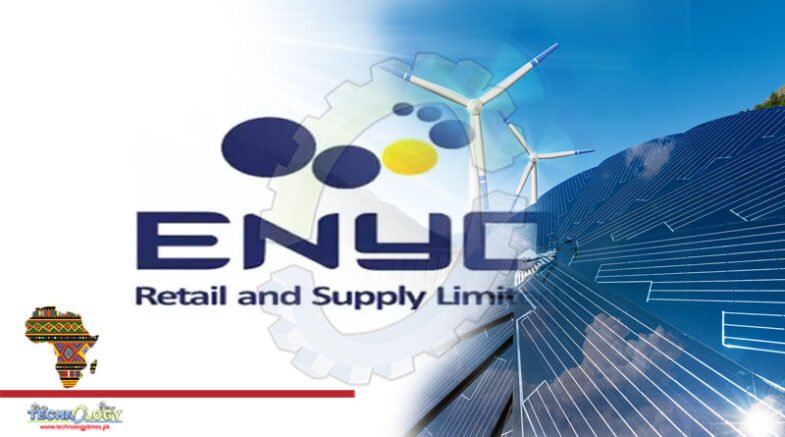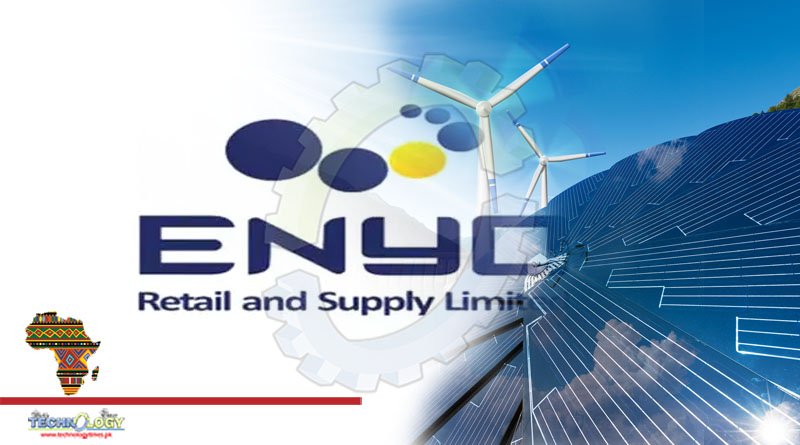Nigeria try to reduce this challenge, the global energy landscape is promoting transformation and ensuring that renewable cheap energy is used to develop modern, secure, and effective energy systems.

Across the world, countries are seeking alternatives to improve economic growth and sustain impact through cheap energy.
Part of this is the focus on the effectiveness of gas usage for domestic and Industrial use in various sectors. Among the United Nations Sustainable Development Goals (SDGs), access to clean and cheap energy is a priority because it reduces poverty, improves innovation, and promotes economic prosperity.
According to the World Bank, nearly 3 billion people cook or heat their homes with polluting fuels like wood or other biomass. This results in indoor and outdoor air pollution that causes widespread health impacts. To reduce this challenge, the global energy landscape is promoting transformation and ensuring that renewable energy is used to develop modern, secure, and effective energy systems. This involves ensuring that people spend a lower cost to access clean energy and improve innovations to accommodate technologies like smart grids, smart meters, and geospatial data systems for good energy planning.
The Federal Government of Nigeria continues to make commitment towards significant flared gas reduction and driving gas utilization for domestic and industrial usage through the Ministry of Petroleum Resources, Ministry of Finance and the Central Bank of Nigeria. This has enabled the downstream Oil and Gas sector to play an active part in the availability of gas for domestic and industrial use.
Following the guidelines of the National Gas policy enacted in 2017, which sets and implements an institutional framework for the Gas sector, the government continues to make efforts that Gas becomes an accessible commodity for Nigerian citizens. Having invested and generated a lot of revenue in Oil, the government has recognized that the natural linkages of Gas to other areas like electricity, transportation, Agriculture provides a huge opportunity for improving Industrial development and economic recovery. The policy also encourages the use of Liquified Petroleum Gas (LPG) as an approach to combating climate change, reducing deforestation as well as improving community Health.
With these, the downstream Oil and Gas sector becomes a platform to enhance the effective usage of gas in the country. Enyo Retail and Supply Limited, a customer-focused, technology-driven fuels retailing company has imbibed into the framework of this policy with initiatives that drive best-in-class retail experiences, leveraging complimentary approaches and optimized return to investors. The company provides fuel retailing and renewable energy products in Africa while ensuring that quality service is delivered to the consumer.
In its resolve to ensure improved safety, accessibility, and affordability of LPG in Nigeria, Enyo Retail and Supply continues to impact citizens with affordable and effective gas. To ensure safer and more economical solutions for households to meet local consumption needs in gas usage, the company recently partnered with Rungas Group, an integrated Gas trading and infrastructure company to establish LPG Micro Distribution Centers (MDCs) in Enyo Retail Outlets across Nigeria. Hence consumers are assured of clean, versatile, safe and portable gas.
More than 1.8 million steel cylinders in Nigeria have exceeded their lifespan but are still used daily. This has led to explosion incidents, loss of lives and properties. The National Gas policy framework partly enhanced through the establishment of the MDCs will reduce these incidents and ensure stringent monitoring mechanisms to improve safety. Through this medium, Enyo provides a good alternative for Nigerians across the six geopolitical zones while also ensuring home delivery and cylinder swap to control the circulation of worn-out cylinders and proper storage.
With the Superior Liquefied Gas (SL-Gas), Enyo contributes to the usage of cheap energy gas in Nigeria by ensuring that families can switch from kerosene and firewood to clean LPG, and this also extends to industrial use. Communities can as well be assured of getting quality and safety of gas cylinders through an unrivaled reputation for safety, from regular compliance checks of cylinders to the comprehensive safety and maintenance schedule of tankers. The National Gas policy also opens an opportunity for the government to enhance private participation in the sector while improving the actualization of the Federal Government’s plan to enhance the impact of gas usage among Nigerians. With the downstream sector as retail outlets to consumers and availability of gas in various affordable packages, there is increase in the use of clean energy by Nigerians.
Source Vanguardngr
